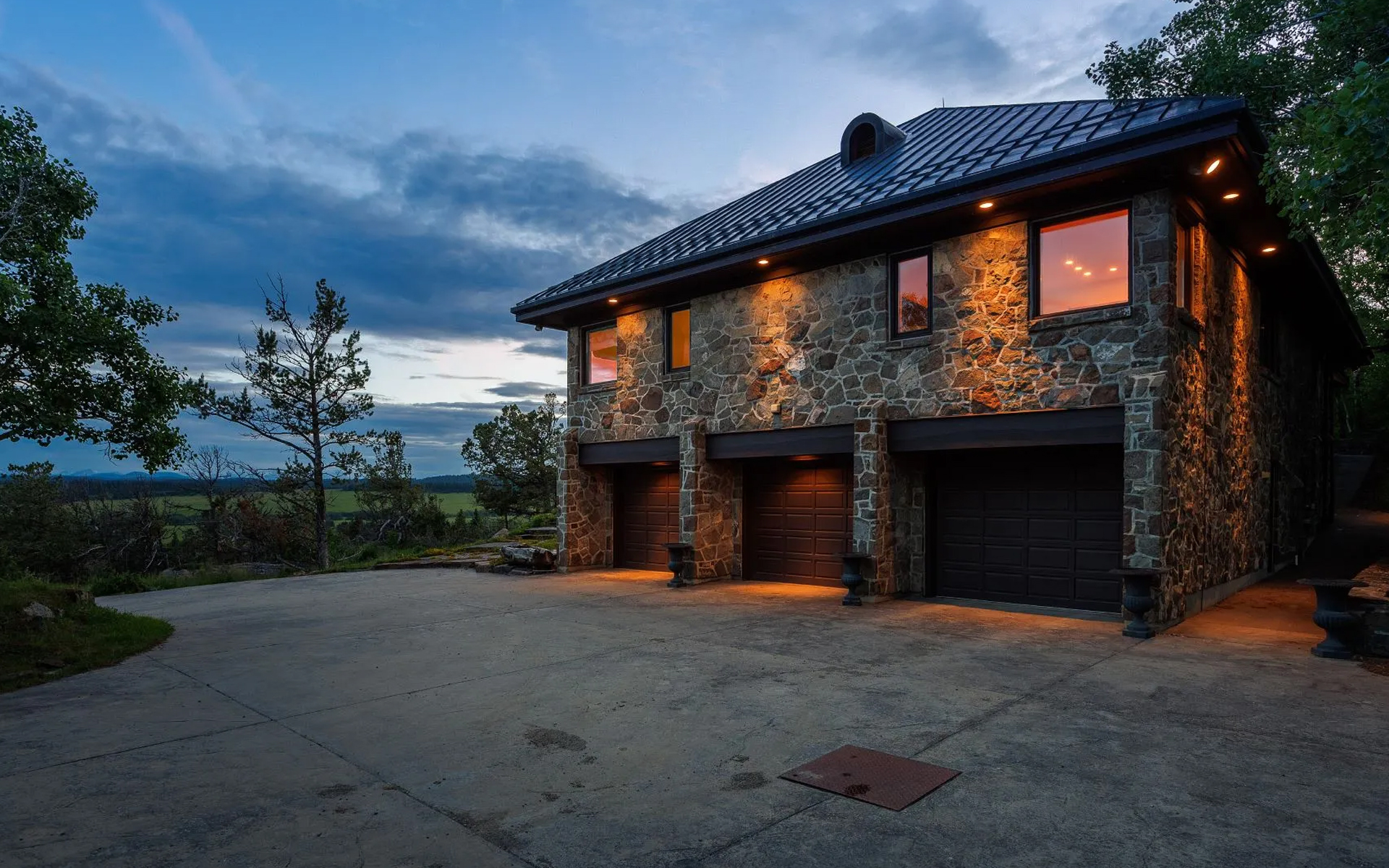
Advertised as a “futuristic paradise” and constructed on reclaimed land on the southern tip of Malaysia, Forest City was once promoted as a vision of Southeast Asia’s potential answer to Silicon Valley. A “smart city” that would feature green architecture, infrastructure fitted with artificial intelligence, and amenities for the ultra-rich, the project was introduced in 2016 and was thought to cost more than $100 billion.
But less than 10 years after it opened, this was supposed to be a bustling urban utopia, what is now also known for a very different reason, it’s ghostly.
A Bold Vision with Global Ambitions
Country Garden Holdings partnered with the Johor state government to develop Forest City, which would accommodate 700,000 residents through its various residential and commercial facilities, including smart homes, shopping districts, an international business district and a duty-free zone.
The project was actively promoted to wealthy Chinese citizens who viewed it as their ideal second residence or retirement destination because of its proximity to Singapore. The master plan adopted sustainable design elements, including vertical gardens, green roofs and car-free zones, consistent with worldwide efforts towards eco-friendly development plans.
Reality Check: The Silent Streets of a Ghost Town
The current version of Forest City reveals a scenario far beyond what advertisements had promised. The large boulevards of the city expose numerous darkened high-rise buildings and vacant storefronts, while showing almost no human presence during nighttime. The 2024 census data revealed that less than 10% of the population had settled in the development.
Factors Behind the Decline
- New policy in China: China tightened its capital controls in 2017 to curb overseas real-estate investing, targeting the exact population Forest City went after.
- Malaysia’s Changing Political Scene: The project was a source of contention as Malaysia held general elections in 2018. At the time, Prime Minister Mahathir Mohamad criticised the flow of foreign buyers and called into question the benefits of the project for local people.
- Low Relevance to Malaysians: The pricing and positioning made it challenging for middle-class Malaysians to regard Forest City as an alternative for living and investment.
- Environmental Concerns: Reclamation work attracted criticism from environmental groups, who said it damaged marine life and the ecosystem in the area.
- Post-Pandemic Fallout: The COVID-19 outbreak had another recessionary impact on cross-border property deals, causing occupancy rates to decline even further.
Is There Still Hope?
The negative perspective has not deterred developers and Malaysian officials from their efforts. Forest City development representatives seek to revive the project by enhancing transportation systems, tourism incentives and altering their marketing targets from China to residents from other ASEAN nations in early 2025.
The development of Forest City remains possible as Johor pursues the status of a digital and green economy hub, provided it receives the correct strategic backing and support.
The Verdict
The answer lies somewhere in the middle. It is a testament to the grand ambition of many Chinese developers, globalised urban planning and to the dangers of placing too much investment in external markets. Whether that continues as a cautionary tale or turns into an unexpected comeback will depend on how Malaysia, its partners and investors can recalibrate their approach.
For now, Forest City remains one of the most ambitious and potentially controversial urban experiments in the area.
Trusted By




Come home to your dream property with Estate Agent Power (EAP)
EAP is an all-in-one real estate website that allows you to buy and sell your property worldwide. We live in a global world today, and we believe that everyone should have the power of buying property anywhere in the world, no matter where they are.
Learn MorePost your properties on Estate Agent Power free of charge.
Get maximum leads from genuine buyers.




